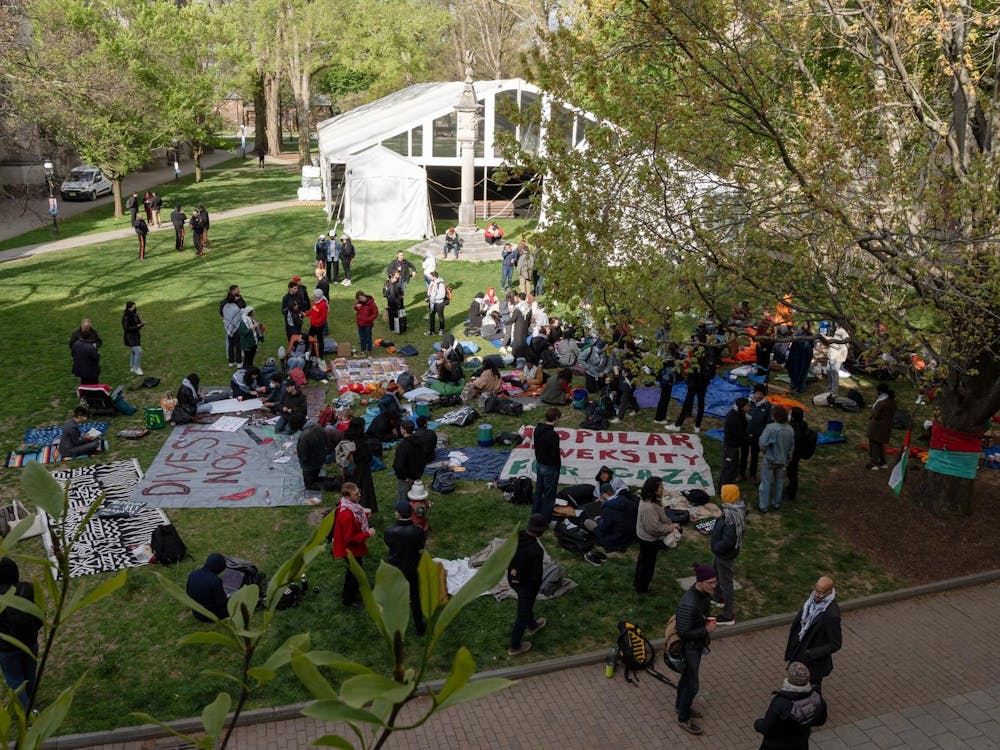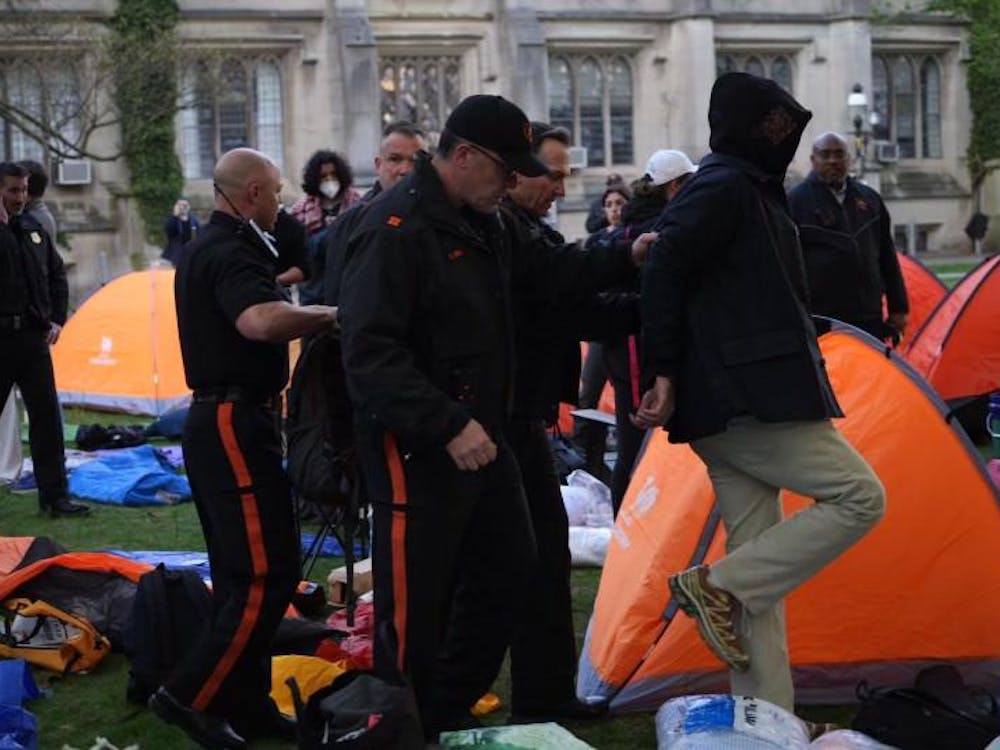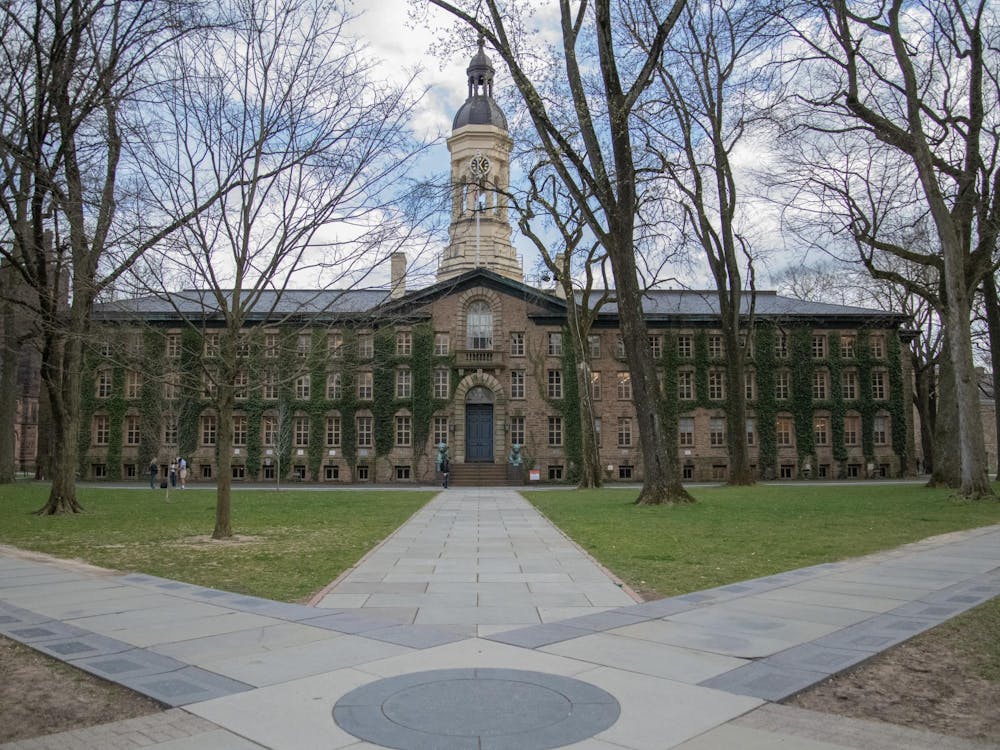The fellowship initiative founded as "Princeton in the Middle East" will change its name after a discussion with University officials who asked that it not include the "Princeton in" construction.
The University called into question last month the use of the construction “Princeton in”in an independent program founded by University alumni. University officials and the program's founders held a conference call on March 14 to resolve the problem. During the call, the University reaffirmed its stand that it will not allow any new non-affiliated organization to use the Princeton name. The University has allowed other such organizations to exist in the past, but administrators said they started monitoring the use of the University's name more closely starting in 2007.
"It was pretty simple,"Vice Provost for International Initiatives Diana Davies said. "Basically we just reiterated that the University did not want them to use the name ‘Princeton’ in their name. We listened to them about what their goals were for the organization, what they hoped to achieve,” Davies represented the University at the conference. “By the end of the conversation, they said that they understood that, and they would no longer use the name ‘Princeton in the Middle East.’”
Colleen McCullough ’12 approached University officials in 2011 about starting a new post-graduate fellowship program modeled after existing “Princeton ins” such as Princeton in Africa. PriME had operated under the name “Princeton in the Middle East” until recent disputes over the name.
McCullough said she was disappointed with the outcome of the discussion.
“The ability to be immediately recognized by our name as following a certain model of international fellowship program, which is what the “Princeton in” name signifies, is a loss for us.” McCullough explained. “Having our models being immediately recognizable that way would have been very helpful.”
The organization is working on the name change. Its website currently refers to the program as PriME, originally an acronym of “Princeton in the Middle East".
“The Princeton name ... has come to mean something other than Princeton University because those other organizations are only very minimally affiliated with the University and are run basically entirely independently," McCullough explained. "So the “Princeton in” for us has come to mean to describe this international fellowship model of sending people abroad for a year after graduation.”
Davies noted that the University does not object to the use of the acronym ‘PriME’ as long as it only means PriME and the ‘Pr’ does not stand for Princeton.
McCullough said the University’s approach will discourage other alumni from starting similar initiatives.
“I think that the biggest disappointment is that for us, we are alumni trying to give back to the University in this way and we see this as something that could really benefit the University students and even the Princeton name,” McCullough said.
The mission of the organization — offering recent graduates fellowships to work in the Middle East and North Africa region — will not change. PriME is still partnering with the non-profit organization Endeavor for its 2014-15 fellowship.

“They approached us to provide high quality applicants, which is something we could still provide. There is no reason that having a different name will compromise so many of the goals we have before and still have,” McCullough said.
All four members of PriME’s steering committee are University alumni and a number of its advisory board members are University professors. Davies said the University will follow up with the name change.
Ultimately, McCullough said she ultimately does not think the name change will impact the program's operations.
“The people who want to support us because they believe in our mission will still do that. So I think and I hope that it won’t have an impact either on the organizations looking to work with us or donors,” McCullough said.








